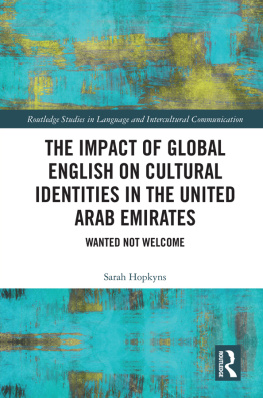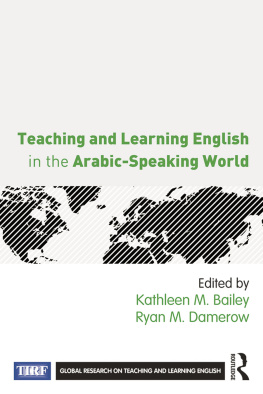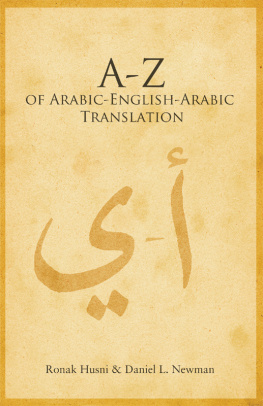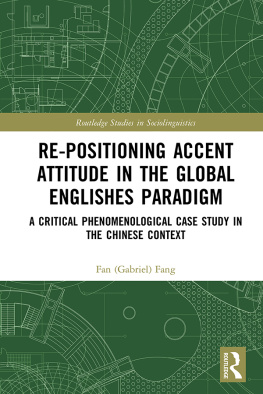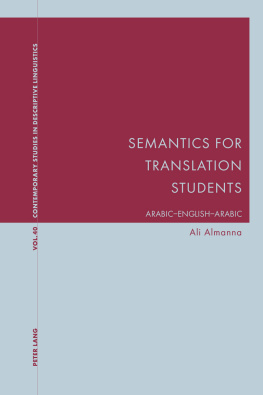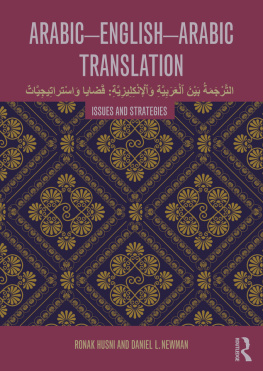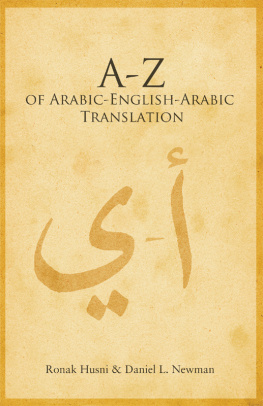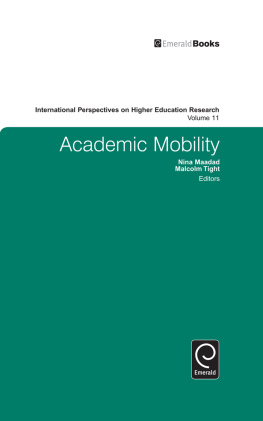The Impact of Global English on Cultural Identities in the United Arab Emirates
This book provides a nuanced portrait of the complexities found within the cultural and linguistic landscape of the United Arab Emirates, unpacking the ever-shifting dynamics between English and Arabic in todays era of superdiversity. Employing a qualitative phenomenological approach which draws on a rich set of data from questionnaires to focus groups with Emirati students, Emirati schoolteachers, and expatriate university teachers, Hopkyns problematizes the common binary East-West paradigm focused on the tension between the use of English and Arabic in the UAE. Key issues emerging from the resulting analysis include the differing attitudes towards English and in particular, English Medium Instruction, the impact of this tension on identities, and the ways in which the two languages are employed in distinct ways on an everyday scale. The volume will particularly appeal to students and scholars interested in issues around language and identity, language policy and planning, multilingualism, translanguaging, and language in education.
Sarah Hopkyns is Assistant Professor in the College of Education, Zayed University, United Arab Emirates. She is also a Fellow of the Higher Education Academy. She has presented and published widely in the field of Sociolinguistics, with a focus on global English, English Medium Instruction (EMI), and cultural identities.
Routledge Studies in Language and Intercultural Communication
Edited by Zhu Hua, Birkbeck College, University of London
Claire Kramsch, University of California, Berkeley
Interculturality, Interaction and Language Learning
Insights from Tandem Partnerships
Jane Woodin
Beyond Native Speakerism
Current Explorations and Future Visions
Stephanie Ann Houghton, Damian J. Rivers and Kayoko Hashimoto
Screens and Scenes
Multimodal Communication in Online Intercultural Encounters
Edited Richard Kern and Christine Develotte
Glocal Languages and Critical Intercultural Awareness
The South Answers Back
Edited Manuela Guilherme and Lynn Mario T. Menezes de Souza
Redefining Tandem Language and Culture Learning in Higher Education
Edited by Claire Tardieu and Cline Horgues
Tertiary Language Teacher-Researchers Between Ethics and Politics
Silent Voices, Unseized Spaces
Chantal Crozet and Adriana R. Daz
The Impact of Global English on Cultural Identities in the United Arab Emirates
Wanted not Welcome
Sarah Hopkyns
www.routledge.com/Routledge-Studies-in-Language-and-Intercultural-Communication/book-series/LICC
The Impact of Global English on Cultural Identities in the United Arab Emirates
Wanted not Welcome
Sarah Hopkyns

First published 2020
by Routledge
52 Vanderbilt Avenue, New York, NY 10017
and by Routledge
2 Park Square, Milton Park, Abingdon, Oxon, OX14 4RN
Routledge is an imprint of the Taylor & Francis Group, an informa business
2020 Taylor & Francis
The right of Sarah Hopkyns to be identified as author of this work has been asserted by her in accordance with sections 77 and 78 of the Copyright, Designs and Patents Act 1988.
All rights reserved. No part of this book may be reprinted or reproduced or utilised in any form or by any electronic, mechanical, or other means, now known or hereafter invented, including photocopying and recording, or in any information storage or retrieval system, without permission in writing from the publishers.
Trademark notice: Product or corporate names may be trademarks or registered trademarks, and are used only for identification and explanation without intent to infringe.
Library of Congress Cataloging-in-Publication Data
A catalog record for this book has been requested
ISBN: 978-0-367-23003-6 (hbk)
ISBN: 978-0-429-27787-0 (ebk)
Typeset in Sabon
by Apex CoVantage, LLC
Contents
Guide
Figures
Tables
Much has been written about the role that English as a global language has played in supplementing and even displacing local national languages in international workplaces, publishing industries, and educational institutions. The current interest in bi- and multilingualism in applied linguistics is a response to the pressure around the world to learn English, the worlds inescapable lingua franca, in addition to ones own native language. But learning English is not just learning another linguistic system; it is also, especially when used as a medium of instruction in schools and at universities, learning another system of knowledge, another system of thought. Educators and politicians in Japan, China, South Korea, Singapore justly worry that, by learning English, youngsters in those countries learn a whole new way of thinking and being that might clash with the social and cultural identity transmitted to them by the society they grew up in.
This book offers fascinating insights into the effects of global English on the local cultural identities of English learners in another particular country the United Arab Emirates. Sarah Hopkyns, Assistant Professor of Education at Zayed University in Abu Dhabi, has lived for many years in the UAE and is able to give us a vivid sense of the status of English there through her survey of Emirati university students, Emirati primary school teachers, and expatriate university teachers like herself. Through survey questionnaires and participant observation of student focus groups, as well as through her own reflexive research journal, she is able to draw the reader into the complex world of a country with a short but spectacular history. Founded in 1971 after its separation from Britain, the UAE has sought to transform itself into high modernity through its rich oil resources, but at the price of an extraordinarily stratified society in which only 10% are Emirati citizens and all others are foreigners. In the UAE, as in other rentier states in the Arab world, whose economy depends largely on the income obtained from renting, i.e., selling, natural resources to the outside world, there is a clear distinction between the Emirati capital owners and the multilingual foreign labour force. English is therefore the indispensable language of communication both for domestic purposes and for the UAEs relations to the outside world of business, finance, and politics.
The teaching of English in the UAE is a prime example of the effects of globalization and its concomitant linguistic imperialism, but at the same time it complexifies the notion of imperialism as at once historically determined and pragmatically self-imposed. The book illustrates dramatically the tension between linguistic imperialism and pragmatism in the Arabian Peninsula and the power, generational, and ideological struggles that the use of English as medium of instruction brings about. Seeking to define ones English-speaking identity necessarily entails having to redefine ones Arabic speaking identity; both are woven into the very fabric of the nation, requiring a fundamental rethinking of what constitutes both Western and Arabic culture. The book documents admirably the conflict of desires between projecting power and competing on the global English-speaking stage on the one hand and maintaining social and political stability and promoting Muslim and Arabic values on the other.

